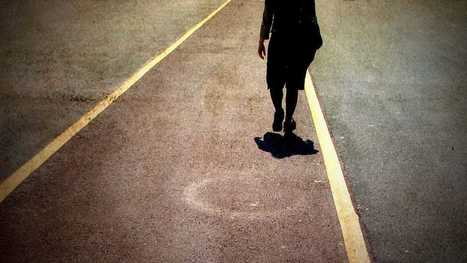You’ve probably experienced the frustration of being distracted at work. Perhaps you were pulled into a never-ending Slack discussion, and when it finally ended you struggled to focus on the task you were working on. Or a coworker criticized you, and now you can’t stop replaying his comments in your head.
It’s totally normal to lose focus after a period of time (which is why you should be taking regular breaks). But if you find yourself easily distracted throughout the day, you might want to consider tweaking some of your morning habits. They probably won’t eliminate all distractions, but you’ll at least start your workday strong building a good foundation for the rest of the day.
Via The Learning Factor



 Your new post is loading...
Your new post is loading...











Everyone wants to be more productive. For me, morning habits are the most adaptable and useful habits to focus on.
You’ve probably experienced the frustration of being distracted at work. Perhaps you were pulled into a never-ending Slack discussion, and when it finally ended you struggled to focus on the task you were working on. Or a coworker criticized you, and now you can’t stop replaying his comments in your head.